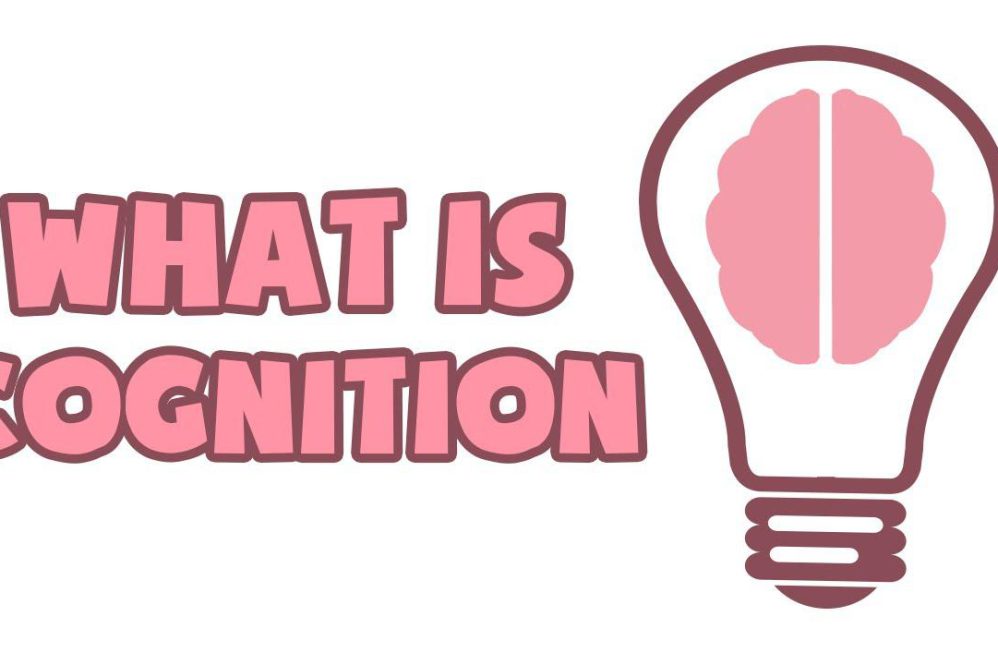
Unlocking Your Golf Game: How Slow Motion Practice Boosts Brain Power and Performance
Engaging in slow-motion golf swing practice not only refines your technique but also boosts your cognitive abilities. By breaking down each element of the swing, golfers enhance their understanding of mechanics and elevate their body awareness. This thoughtful approach hones focus and decision-making skills, paving the way for more accurate and consistent performance on the course.










